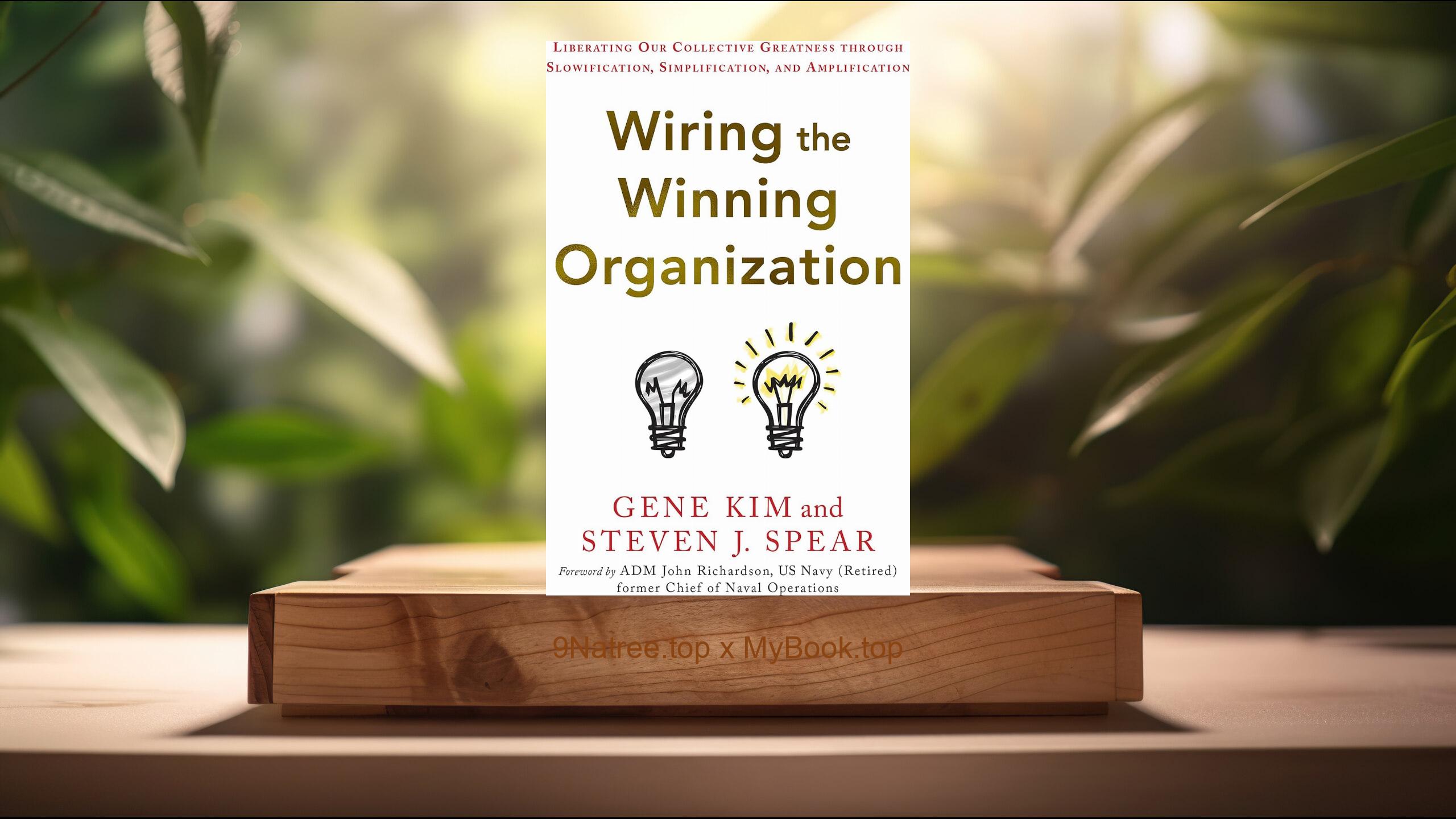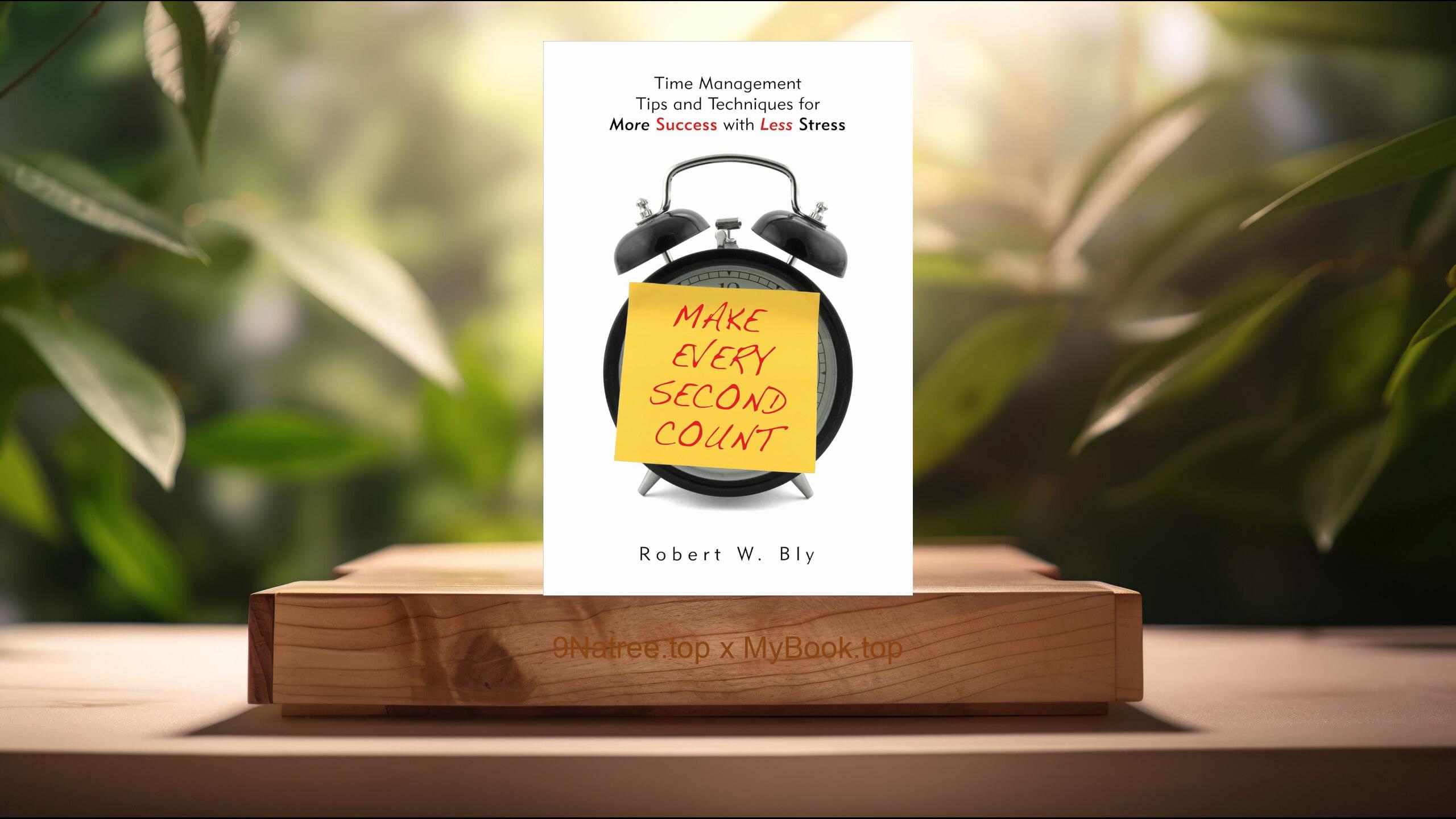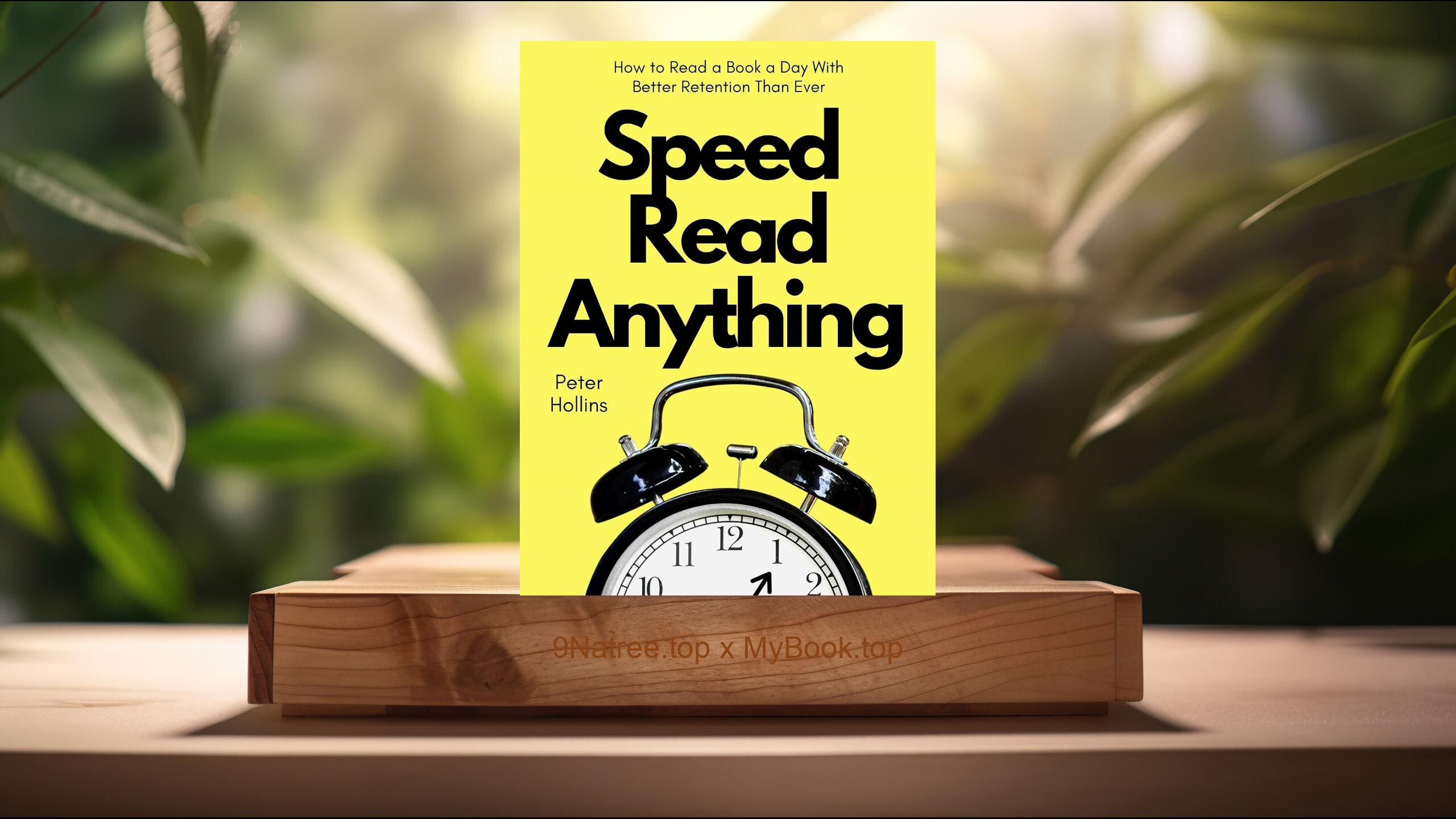Show Notes
- Amazon USA Store: https://www.amazon.com/dp/B0B4ZF99PS?tag=9natree-20
- Amazon Worldwide Store: https://global.buys.trade/That-Sucked-Now-What-Neeta-Bhushan.html
- Apple Books: https://books.apple.com/us/audiobook/that-sucked-now-what-unabridged/id1754969025?itsct=books_box_link&itscg=30200&ls=1&at=1001l3bAw&ct=9natree
- eBay: https://www.ebay.com/sch/i.html?_nkw=That+Sucked+Now+What+Neeta+Bhushan+&mkcid=1&mkrid=711-53200-19255-0&siteid=0&campid=5339060787&customid=9natree&toolid=10001&mkevt=1
- Read more: https://mybook.top/read/B0B4ZF99PS/
#resilience #personalgrowth #mindfulness #selfcompassion #posttraumaticgrowth #ThatSuckedNowWhat
These are takeaways from this book.
Firstly, Embracing Vulnerability, One of the pivotal themes in 'That Sucked. Now What?' is the empowerment that comes from embracing vulnerability. Neeta Bhushan argues that acknowledging our vulnerable states opens doors to deeper connections and more authentic experiences. She discusses how vulnerability is not a weakness but a courageous acceptance of one's true self, which can lead to substantial personal growth. Through compelling narratives, Bhushan illustrates how embracing imperfections and uncertainties can transform fear into resilience and foster greater understanding and self-acceptance. This shift in perception not only enhances personal relationships but also empowers individuals to face life’s challenges with more grace and tenacity.
Secondly, Finding Joy in Chaos, Bhushan discusses strategies for finding joy in the midst of chaos, a concept central to achieving a balanced life in today's unpredictable world. She emphasizes mindfulness and the power of staying present as tools to mitigate the overwhelming feelings that chaos can bring. By focusing on the present moment and cultivating gratitude for life's small pleasures, individuals can find peace amid turmoil. Furthermore, she suggests practical exercises like journaling and meditative practices that help in recognizing the hidden opportunities that chaos often presents, encouraging a more joyful and optimistic outlook even in complex situations.
Thirdly, The Power of Perspective, Throughout the book, Neeta Bhushan emphasizes the transformative power of perspective. She illustrates how a shift in the way we view our struggles can dramatically alter our emotional and mental states. By choosing to see challenges as opportunities for growth rather than insurmountable obstacles, individuals can foster resilience and a proactive mindset. Bhushan provides readers with tools to reframe their experiences, suggesting that a positive perspective in adverse situations not only eases stress but can also lead to more creative solutions and better decision-making.
Fourthly, Self-Compassion in Times of Trouble, Self-compassion is a recurring theme in Bhushan’s narrative, highlighting it as essential in coping with life’s messes. She elaborates on the importance of treating oneself with kindness and understanding, especially during personal failures or tough times. The book provides practical tips on how to cultivate self-compassion through mindfulness, self-care, and boundary-setting, which can protect mental health and promote well-being. Bhushan’s approach helps readers learn how to be gentle with themselves, enhancing resilience and reducing the impact of stress and anxiety.
Lastly, Transforming Pain into Power, A significant focus of 'That Sucked. Now What?' is on how individuals can transform pain into a source of power. Neeta Bhushan shares her personal experiences and those of others to show how painful experiences, when approached with the right mindset, can lead to personal enlightenment and strength. She discusses the concept of post-traumatic growth and how adversity can lead to a heightened sense of purpose and a clearer understanding of personal values and goals. This chapter serves as a powerful reminder that even the most challenging experiences can pave the way for remarkable personal transformation and triumph.
![[Review] That Sucked. Now What? (Neeta Bhushan) Summarized](https://episodes.castos.com/660078c6833215-59505987/images/1967721/c1a-085k3-47d9824pikv3-pxnnwp.jpg)




